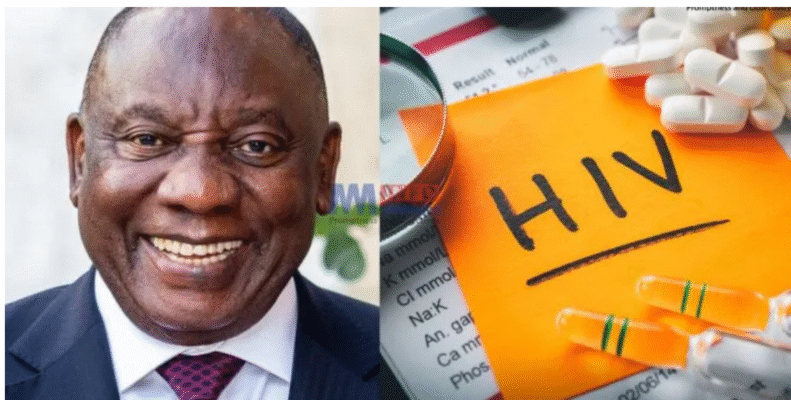
A groundbreaking HIV cure trial conducted in Durban, South Africa, has yielded promising results, showing that 20% of participants remain off antiretroviral therapy (ART) and virally suppressed after one and a half years. The findings provide valuable insights into future HIV cure approaches and the feasibility of conducting complex cure research in resource-limited settings.
Researchers presented the study’s results at the 2025 Conference on Retroviruses and Opportunistic Infections (CROI) in San Francisco, USA, in March. The study explored combination immunotherapy as a potential strategy for HIV remission, aiming to either eliminate or significantly reduce hidden reservoirs of HIV in the body so that the immune system could control the virus without lifelong medication.
A New Approach to HIV Remission
The study, the first of its kind in Africa, involved treating participants with antiretrovirals soon after acquiring HIV. After ART controlled the virus, researchers administered powerful immune-boosting therapies that helped the immune system fight HIV more effectively. Under close medical supervision, participants then stopped ART to assess whether their bodies could maintain viral suppression independently.
The trial enrolled a total of 20 women, marking a significant milestone, as women disproportionately face the impact of HIV and often lack representation in cure-related research. The results were encouraging: 30% of participants (six out of
20) remained off HIV treatment for nearly a year, and 20% (four participants) continued off ART until the trial concluded at 55 weeks. Even after the trial, these four individuals, who remain under close monitoring, have continued without ART for an average of 1.5 years.
Expert Perspectives
“While this treatment approach didn’t work for most participants, it is still a significant development in HIV cure research,” said Professor Thumbi Ndung’u, Director for Basic & Translational Science at Africa Health Research Institute (AHRI) and Victor Daitz Chair at the University of KwaZulu-Natal. “Studying how the 20% managed to control the virus on their own will help scientists develop better HIV cure strategies, as well as work out ways to improve future treatments.”
Professor Ndung’u also emphasised the broader impact of the trial: “This trial proves that complex HIV cure research can be successfully conducted in resource-limited settings where the need is greatest, and it highlights the importance of including African populations in global scientific advancements.”
Trial Findings and Implications
The research was led by the HIV Pathogenesis Programme at the University of KwaZulu-Natal, the Africa Health Research Institute, the Ragon Institute of Mass General, MIT and Harvard, and Gilead Sciences, Inc.
All 20 participants received the study treatment and commenced analytical treatment interruption (ATI), with no serious treatment-related adverse events reported. One participant discontinued viral envelope-specific (VES) therapy due to mild cytokine release syndrome, while 18 experienced infusion-related reactions that resolved within two days.
Five participants completed the 43-week ATI without needing to restart ART, two of whom maintained viral suppression below 50 copies/mL. Fourteen participants met ART restart criteria, while one remained in ATl at the study’s final assessment. Notably, eight individuals exhibited partial virologic control with fluctuating viral loads, suggesting potential immune-mediated viral suppression.
A Path Forward for HIV Cure Research
This study’s findings provide crucial evidence that researchers can successfully conduct complex HIV cure trials in resource-limited settings, particularly among African women, a historically under-represented group in HIV research. The safety and tolerability of VES, VRC07-523LS, and CAP256V2LS, alongside the promising virologic control observed in some participants, support further investigations into immune-mediated HIV suppression.
As the scientific community continues to explore novel remission strategies, this study represents a significant step toward an HIV cure that could one day eliminate the need for lifelong ART. The trial’s success highlights the importance of continued investment in HIV research within Africa, where innovation and inclusivity will be key to ending the epidemic.

